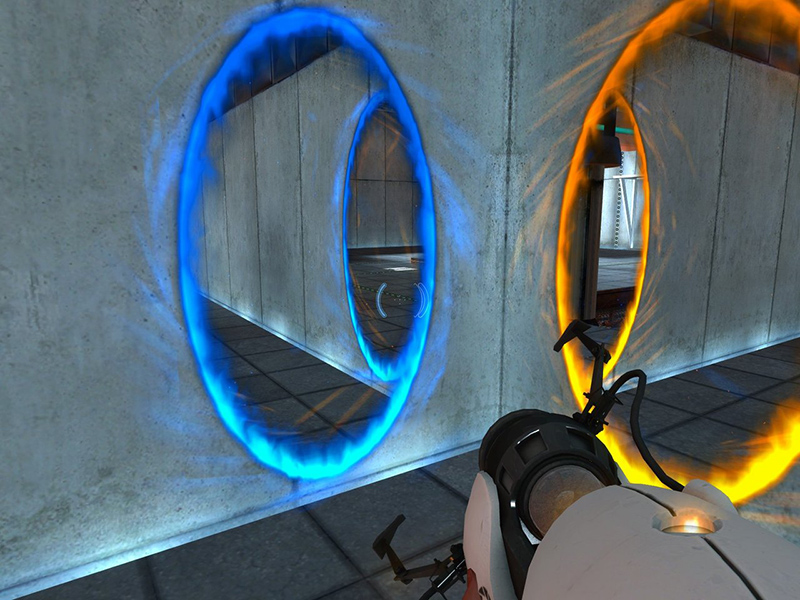This post is a reaction to
The Freak Factor: Discovering Uniqueness By Flaunting Weakness by David Rendall.
In the presentation that I read, Rendall makes some good points in trying to know yourself in the world of media, and knowing that you are unique with your weaknesses. Here, I will explain two of his points and elaborate on them.
"3. Flawless: There's Nothing Wrong With You."
-Rendall explains to us that each of us have unique characteristics that are both positive and negative features. He says that instead of seeing a weakness as natural and unavoidable consequence, we see our weaknesses as problems that need to be eliminated. His point here, I believe, is highly valid.
Has anyone in the world let a disability, condition, or addiction get in the way of their success? Absolutely not! Van Gogh had a mental illness, yet has painted the greatest paintings the world has ever seen, in history. Think of Stephen Hawking, sufferer of Motor Neuron disease, the smartest man in the entire world since Albert Einstein. Helen Keller was deaf and blind, yet she pursued a hugely successful lifetime. I can list a many things that I'm not good at, but I guarantee you that I can make a bigger list of my strengths. Every weakness has a strength.
"5. Foundation: Build On Your Strengths"
-We are told that our strengths are what we love to do and what we get good at doing. Rendall groups the explanation of our strengths for 3 reasons, which are all very reasonable explanations for why we build on our strengths.
Although, I must say that this suggestion to our "Freak-Factor" weakness is invalid. It's only invalid because he has made this argument before throughout his entire article, and this 'reason' just seems like filler. Building on your strength is only countering your weakness because you need to also build on your weaknesses just as much as you build on your strengths. For example, if you are good at taking notes but you are a bad test-taker, you shouldn't build on the strength of taking more notes in classes because this could lead to overlearning. You can become extremely overconfident in your strengths if you work on them too much.
Or, maybe you could learn a percussion instrument for a while instead.
-Personally speaking, what have you identified as a weaknesses
(as far as “the creative process” is concerned)?
To me, the creative process is a phenomenon that you can control. Whatever idea you have, no matter how big or how small, can be pursued. Any "weakness" that gets in my way can be countered with a respective strength. Now that I think about it, I can produce video content with a team of people that have strengths where I have weaknesses. But, specifically, I identify a 'weakness' as something in your own creative process that you simply just aren't good at.
Seriously, it's hard to imagine someone who is the PERFECT media maker. Sure, you can do it all in media (you can write, you can edit, you can film, you can light something, you can match audio), which is fantastic and all, but you can't do it all and be good at it. I personally think that my weaknesses in producing media include screenwriting, storytelling and acting.
But, my strengths lie within production and post-production. I have an eye for detail in the camera, and Final Cut Pro flows through my hands to the computer as I piece the puzzles together. The more I learn about media, the more I learn about editing, then the more I learn about myself as a person and what I should be focusing on. This semester in school, I decided not to take an editing class because I already know how to do it. Instead, I took a screenwriting class because it's something that I know I'm not good at.
He has his weaknesses in media as well. We all do.


